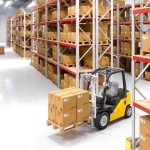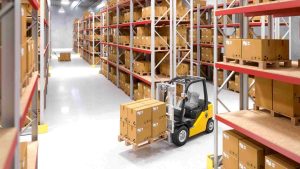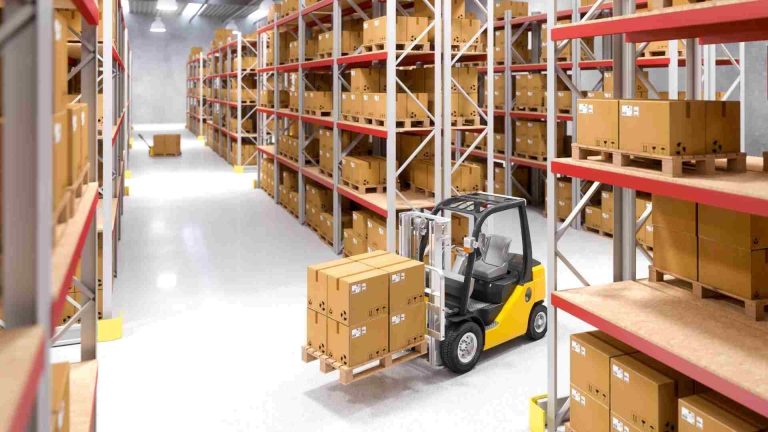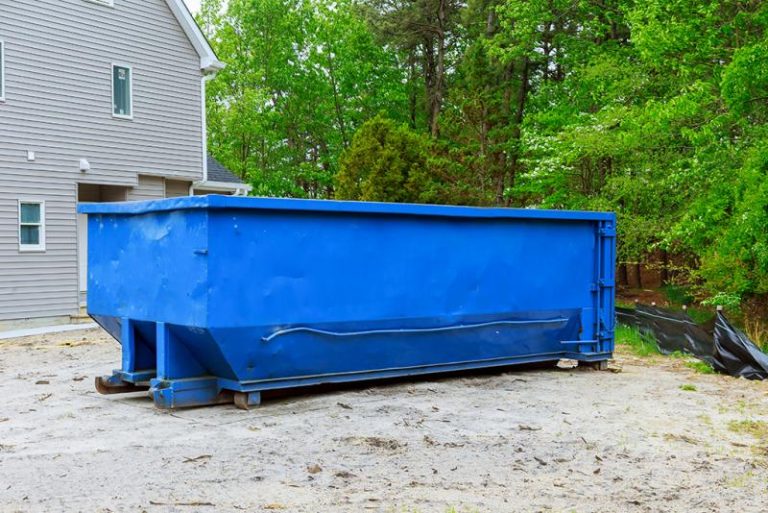Hanging scales, suspension scales, or crane scales, as they are more commonly known, allow a load to be safely turned underneath and accurately measure masses from a few kilograms to many tons. The variety of applications in which these scales are used is wide, from hanging scales for checking the weight of fruits and vegetables or their largest catch to weighing a pot of molten steel in the most challenging conditions.
These are traditional applications whose scaling requirements and capabilities are well known.
There are some alternative applications where you have seen the use of this type of equipment. Weighing bulk animal feed is something you’ve only recently come across, and it’s much easier than, for example, carrying bags of bulk materials onto a weighbridge, which reduces handling and forklift traffic.
An exciting feature of some crane scales is the “peak hold” function, which keeps the scale at the highest reading on display under load. The adjustable equipment crane scale setting was helpful in testing to help determine the maximum force required to open the gate by users of the canal system. Pollisum takes pride in their unique load testing service, do check them out today.
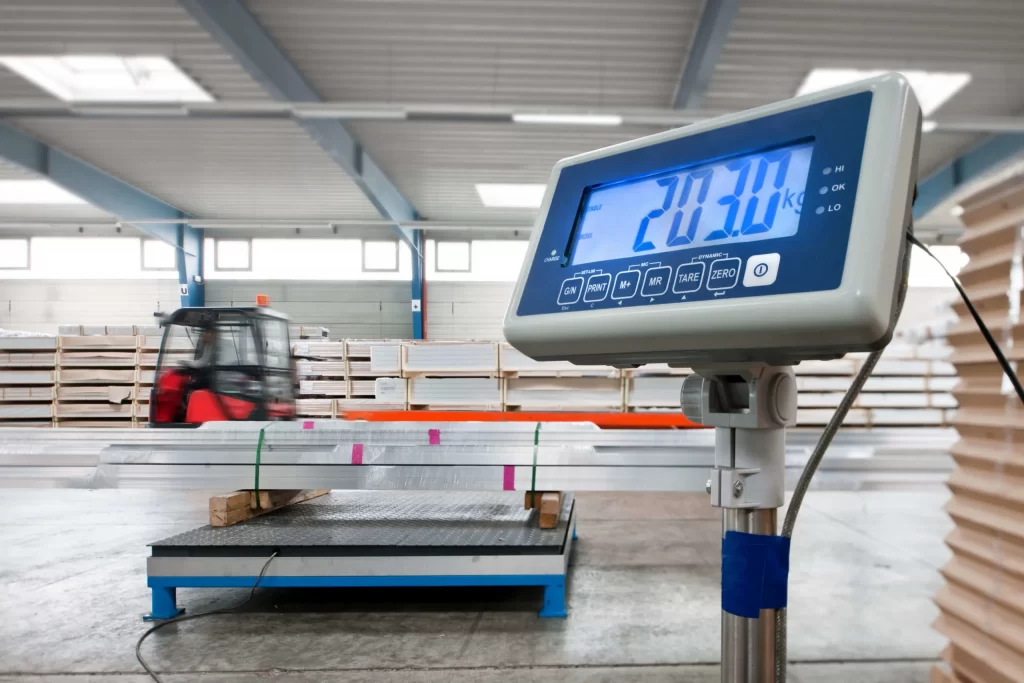
We also see increased trade-approved crane scales by scrap metal dealers and recycling plants. Traditionally, these applications have most often used standard heavy-duty industrial platform scales; however, operators have recently seen the benefits of less handling of bulky, bulky, heavy metal waste. Reducing forklift traffic in and around the workplace is a huge health and safety benefit, and a crane scale certainly helps in this regard.
The technology in these valuable pieces of equipment is tried and tested. These are industrial grade tools, so the outer casing is made of steel or aluminum. An alloy or steel block called a load cell draws power from the circuit board based on the amount of flex or stress applied and feeds back a millivolt signal to a display to show the weight reading. Heavy duty crane scales are almost always made of steel and often, because they are used in foundries, have a heat shield to remove heat from the tool. They also usually come with remote control and charger, so the scales with an internal rechargeable battery will always be at hand.
Conclusion
Crane scales are part of the lifting equipment of your crane or hoist, so make sure the model you specify meets the same standards for proof load testing. All quality crane scales should have a load test and factory calibration certificates.


